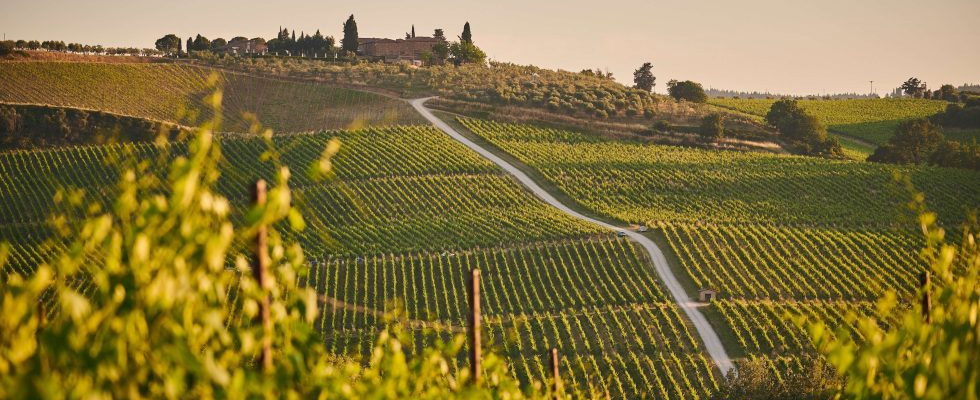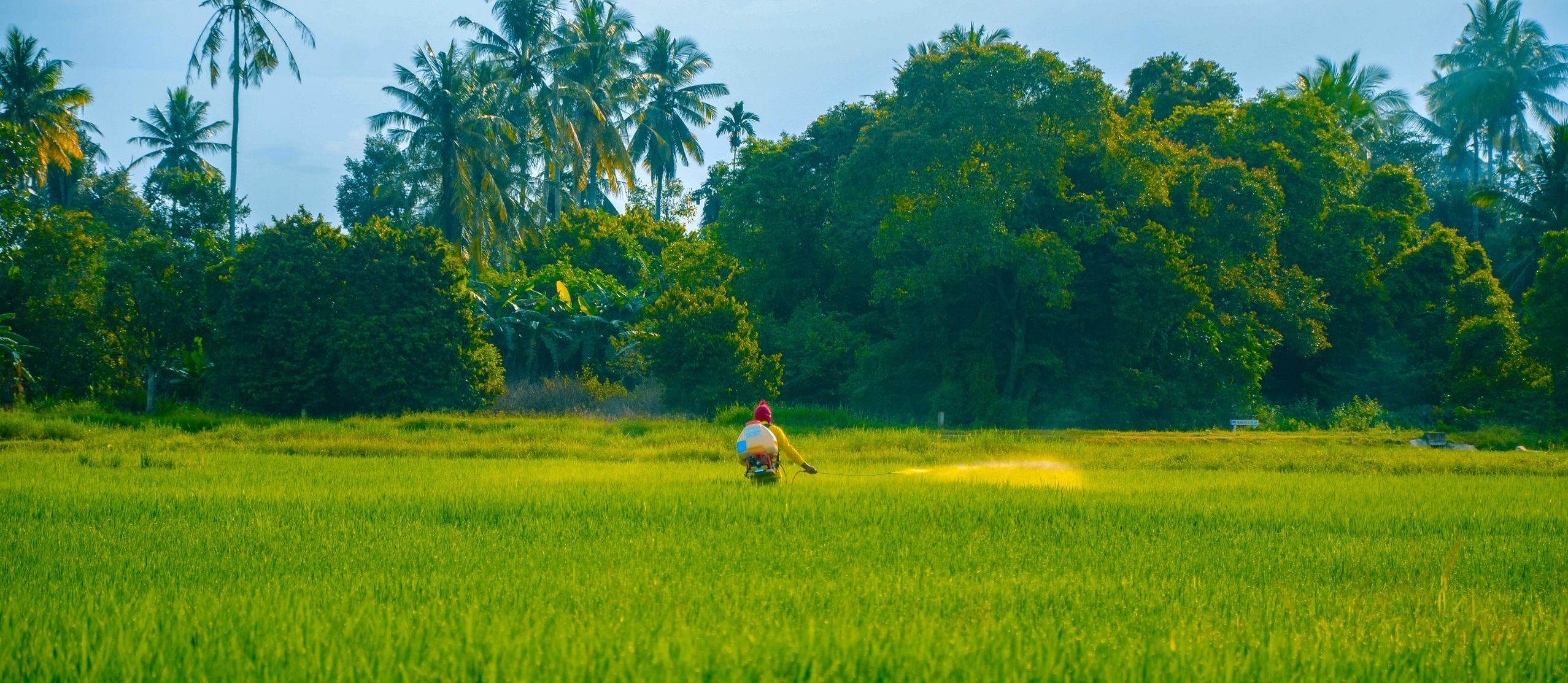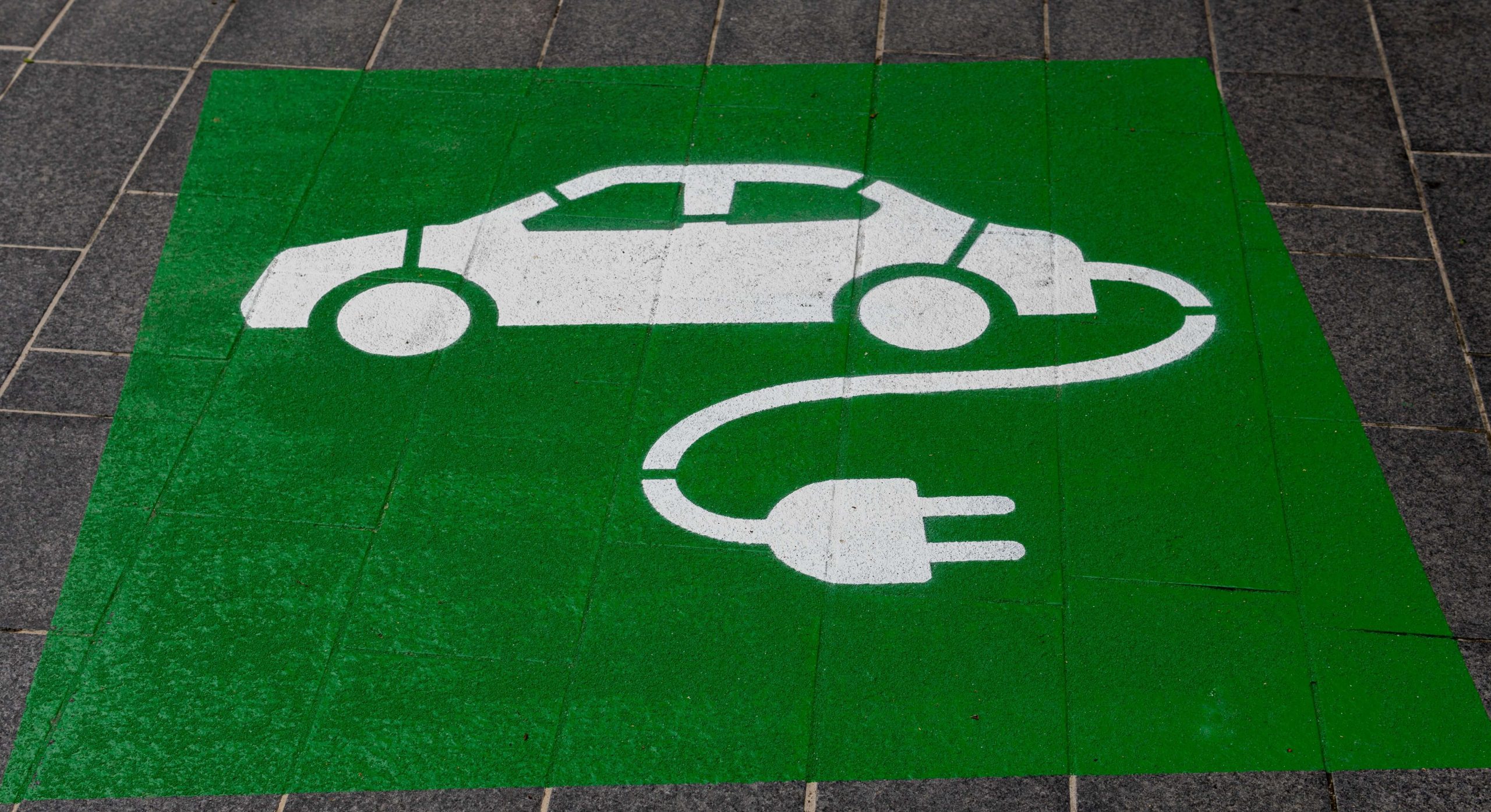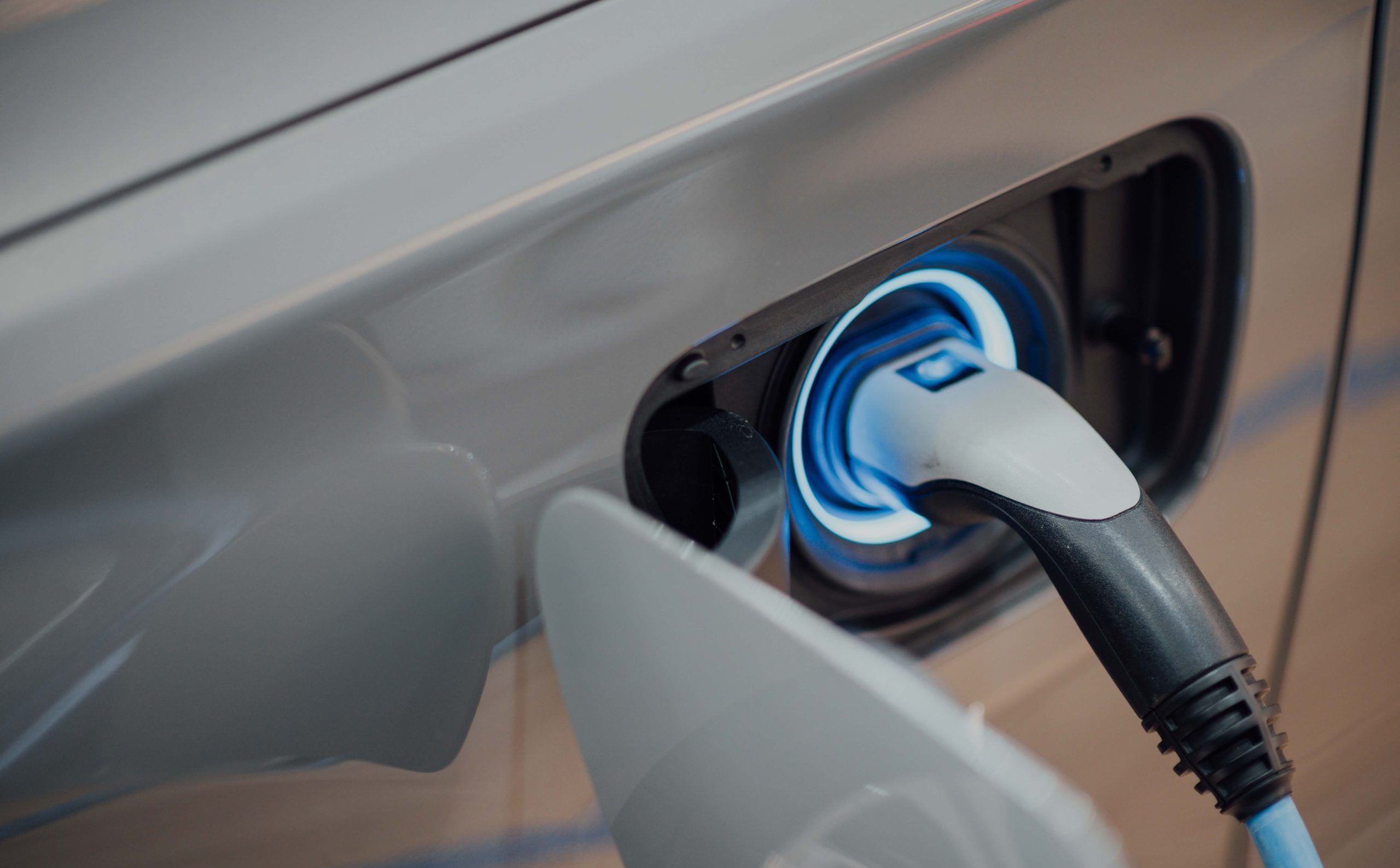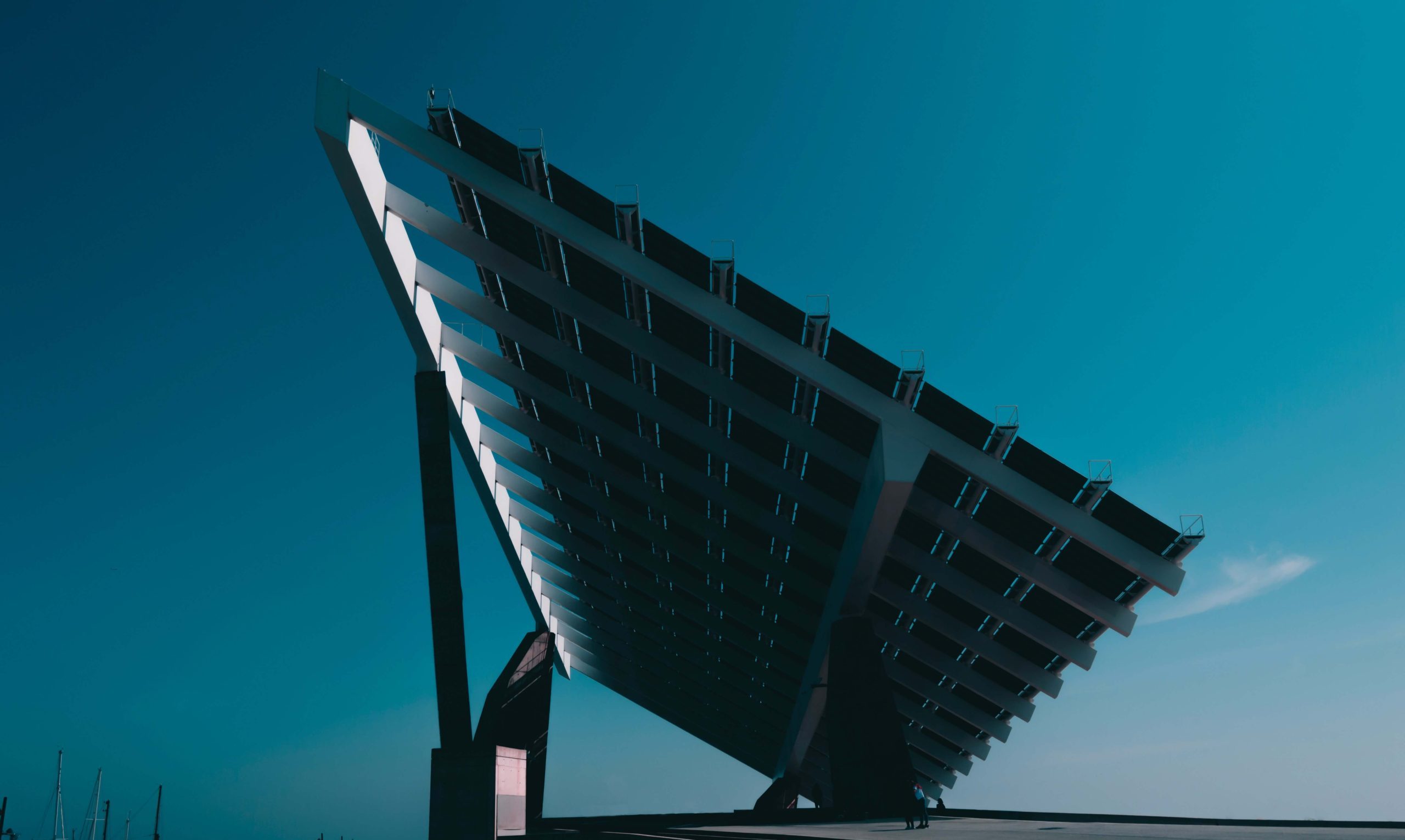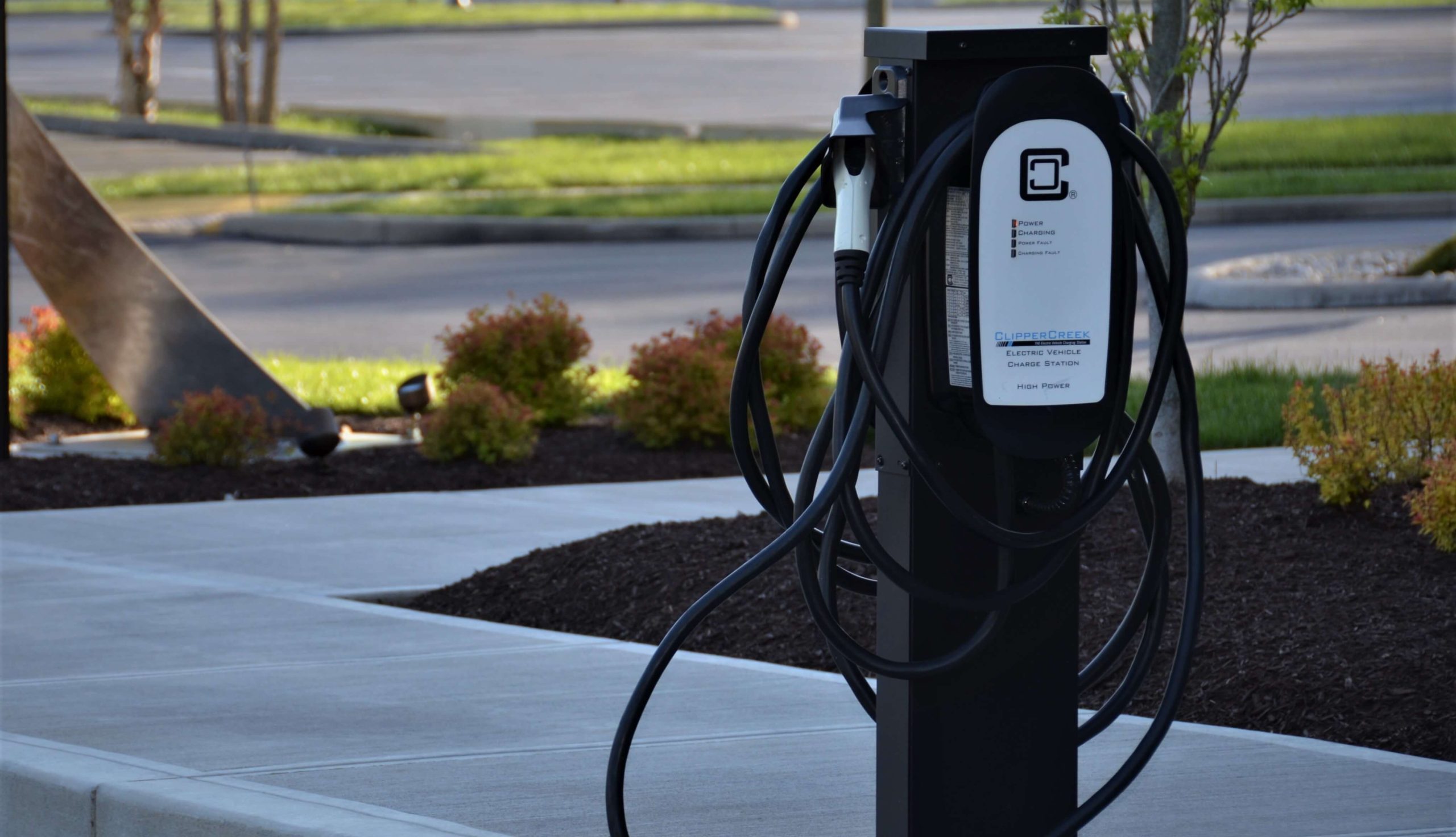King Estate Winery, located in the heart of the Willamette Valley wine country in Oregon, is known for its high-quality wines and commitment to sustainability. They realized that they could do more to support sustainable wine production and reduce their carbon footprint. That’s where agrivoltaics came in.
By incorporating solar panels into their vineyard, King Estate has improved land-use efficiency and reduced their carbon footprint. The solar panels provide shading for the grapes, reducing water evaporation and the need for irrigation. This helps conserve water resources and improve the health of the grapes.
In addition, the solar panels generate clean energy, reducing the winery’s dependence on the grid and providing a stable source of energy for their operations. This not only reduces their energy costs, but it also means that their wine production is powered by clean, renewable energy.
King Estate’s success with agrivoltaics highlights the potential of this technology to improve land-use efficiency and support sustainable wine production. It’s a great example of how agrivoltaics can be used to create a more sustainable and resilient future for agriculture and other industries.
A solar array was completed in late 2011. With 4,144 solar panels on four acres, King Estate produces enough power to meet the needs of 100 homes a year — the equivalent of eliminating more than 38 million pounds of carbon dioxide over the next 25 years.


